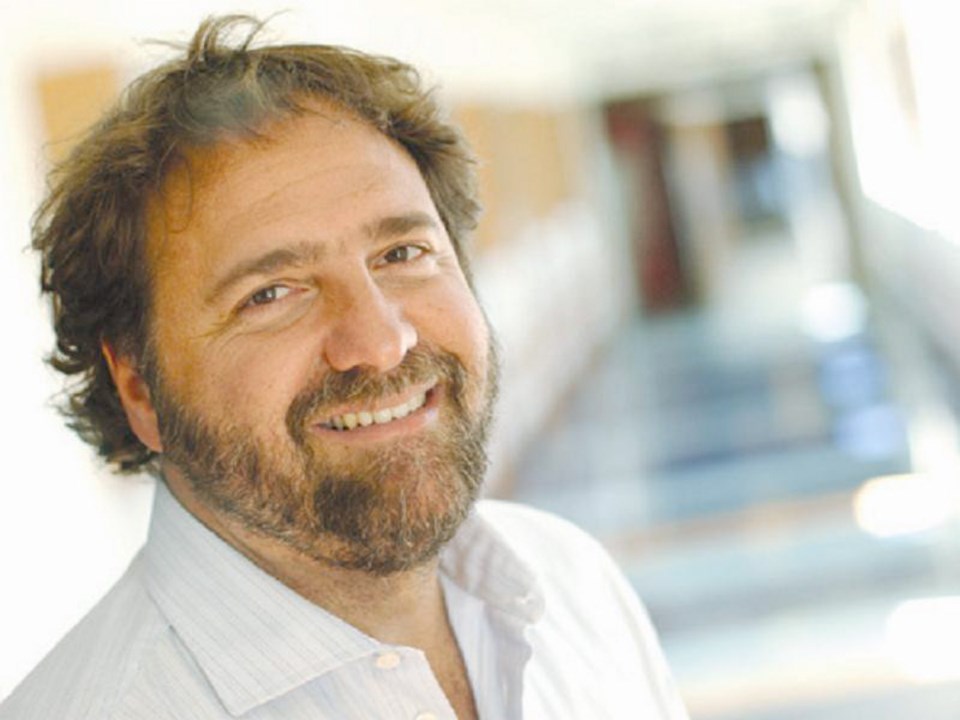The team that catapulted Victoria-based Aspreva Pharmaceuticals into becoming a biotechnology darling — and sold it for a then-Canadian record $915-million in 2007 — is at it again with the launch of Aurinia Pharmaceuticals.
With a very familiar script and a cast of familiar faces, Aurinia has targeted the first quarter of 2014 to launch a late-stage global clinical trial for a drug designed to treat lupus nephritis, a severe auto-immune disease affecting the kidneys.
The concept behind the new company borrows heavily from Aspreva and relies on the heavy lifting and research done there to develop CellCept for the treatment of lupus.
And Aurinia, which is in effect being spun out of Swiss healthcare giant Galenica by former Aspreva veterans Michael Martin, Neil Solomons and Larry Mandt, has even enlisted former Aspreva founder Richard Glickman to act as chairman and help guide the new entity.
In an interview, Glickman said the company is basically “the legacy of the Aspreva team” now hyper-focused on lupus nephritis after merging with Edmonton-based Isotechnika Pharma.
That merger, and months of work to clean up its intellectual property, has given Aurinia a compound Glickman believes will make a difference in people’s lives.
“CellCept is a good drug, but it doesn’t address fully the needs of lupus nephritis patients,” Glickman said. He noted their premise is when that drug is combined with Isotechnika’s voclosporin compound it will improve the quality and duration of the response in patients.
Lupus nephritis affects about 1.5 million Americans and as many as three million around the world.
Glickman said it’s important to note that if the nephritis isn’t treated and stays severe, patients risk developing end-stage renal dysfunction and will likely require dialysis and transplantats.
The Aurinia game plan is to treat the disease aggressively with the combination of CellCept and voclosporin to “get patients into remission and to keep them there,” which will in the long run reduce the need for kidney transplants.
Newly appointed Aurinia chief executive Stephen Zaruby said the company is in the early stages of getting its story out there and its name in front of institutional investors with an eye on the clinical trials.
“Fundraising is an integral part of bio-pharm enterprises, most are in development, so you are burning money not generating it,” he said.
Zaruby added he believes their story is compelling and should be received well in the marketplace given the advanced stage of drug development — CellCept is in use by thousands of patients already — to say nothing of the track record of the Aspreva group driving the project. “We feel we are in a very strong position.”
Glickman noted that between he and Zaruby, they have played roles in raising as much as $700 million in their careers while creating billions in value for investors.
“What we have going for us is being very successful in delivering to investors, delivering on the promises you make when you present your dreams,” he said, adding that unlike Aspreva’s early days, they won’t be casting around for hundreds of millions.
“But the amounts will be substantial. Programs in biotech aren’t cheap.”
The company expects a 24-month clinical trial will start early in 2014 in sites around the world.
Glickman said while he may be running over a lot of familiar ground with Aurinia, it’s not any easier this time around.
“It’s harder because it’s more complex,” he said, noting there have been more “moving parts” given the need to merge with another firm.
But he’s still passionate about the cause.
“I’ve built a lot of businesses over the years and I really didn’t intend to do this, get deeply involved,” he said. “But when you see a drug that you really think is going to work and look at the current drug which is the standard of cure that you helped create and realize that the combination is going to be powerful, it’s hard to turn your back on that.”
Aurinia is based in Victoria, but at present has a presence in Edmonton and is establishing a U.S. office.
Aurinia’s stock price (TSX-V:AUP) closed up 10 cents Thursday at $3.50.



